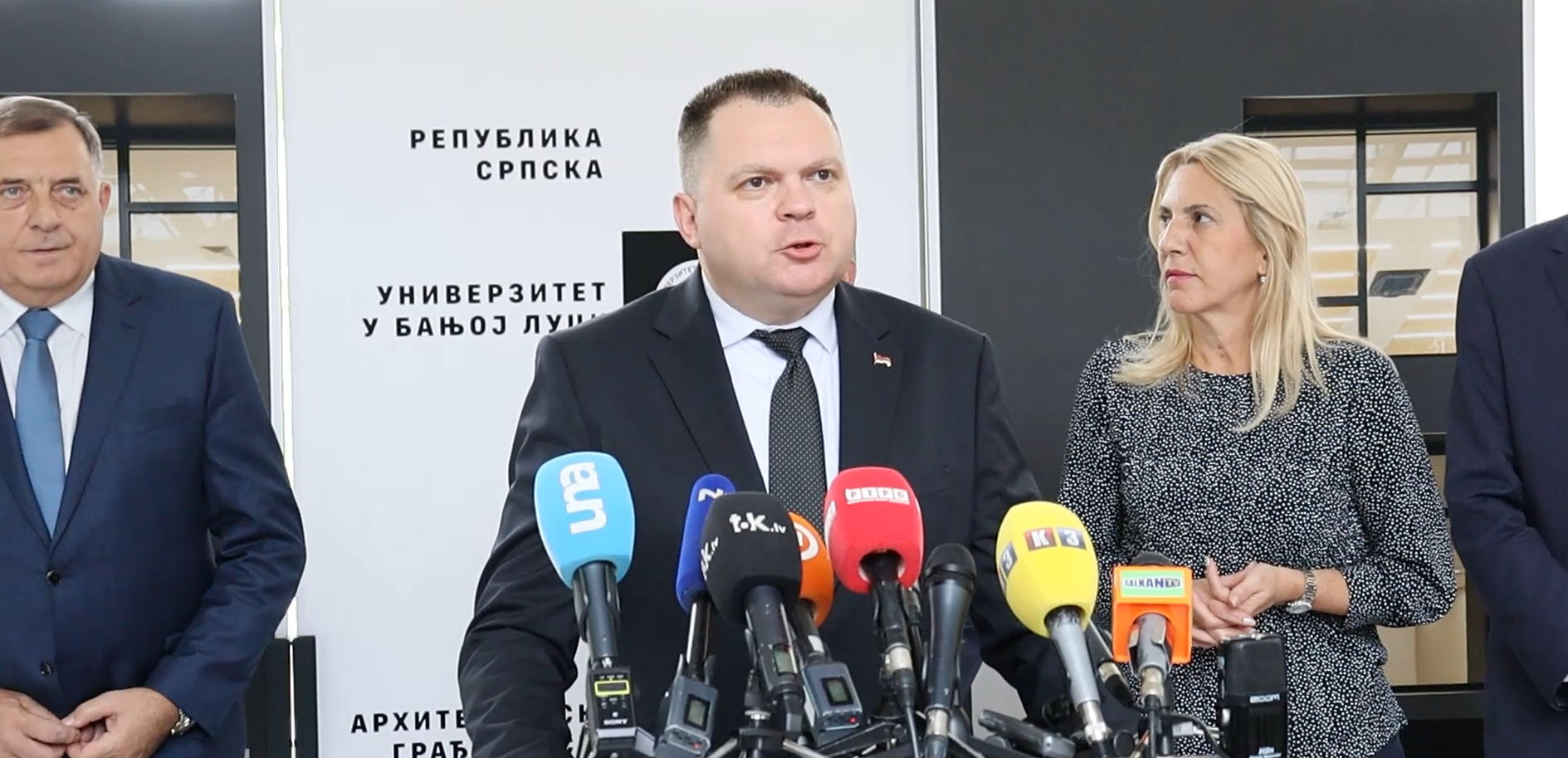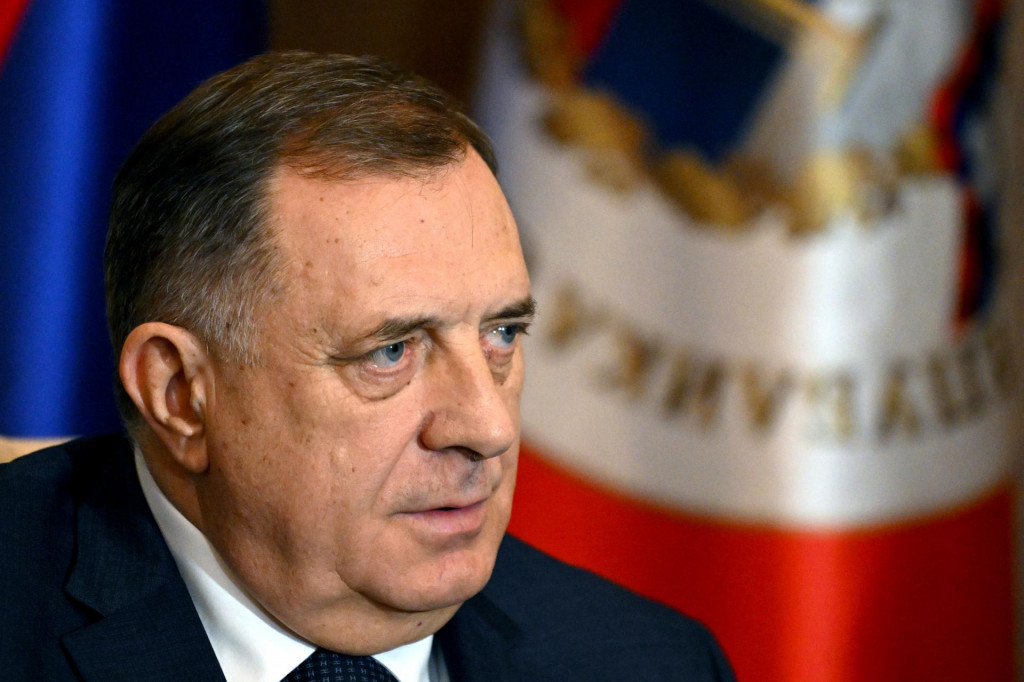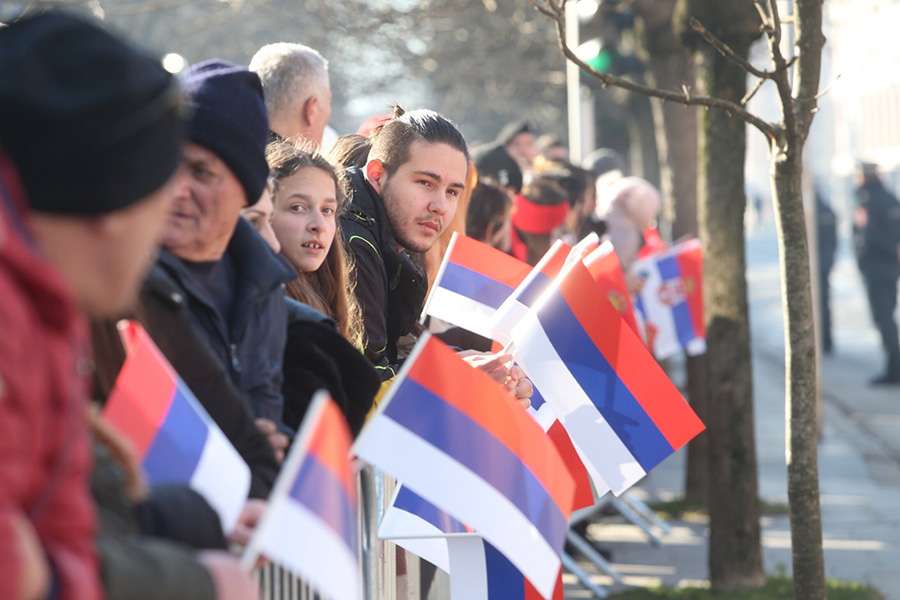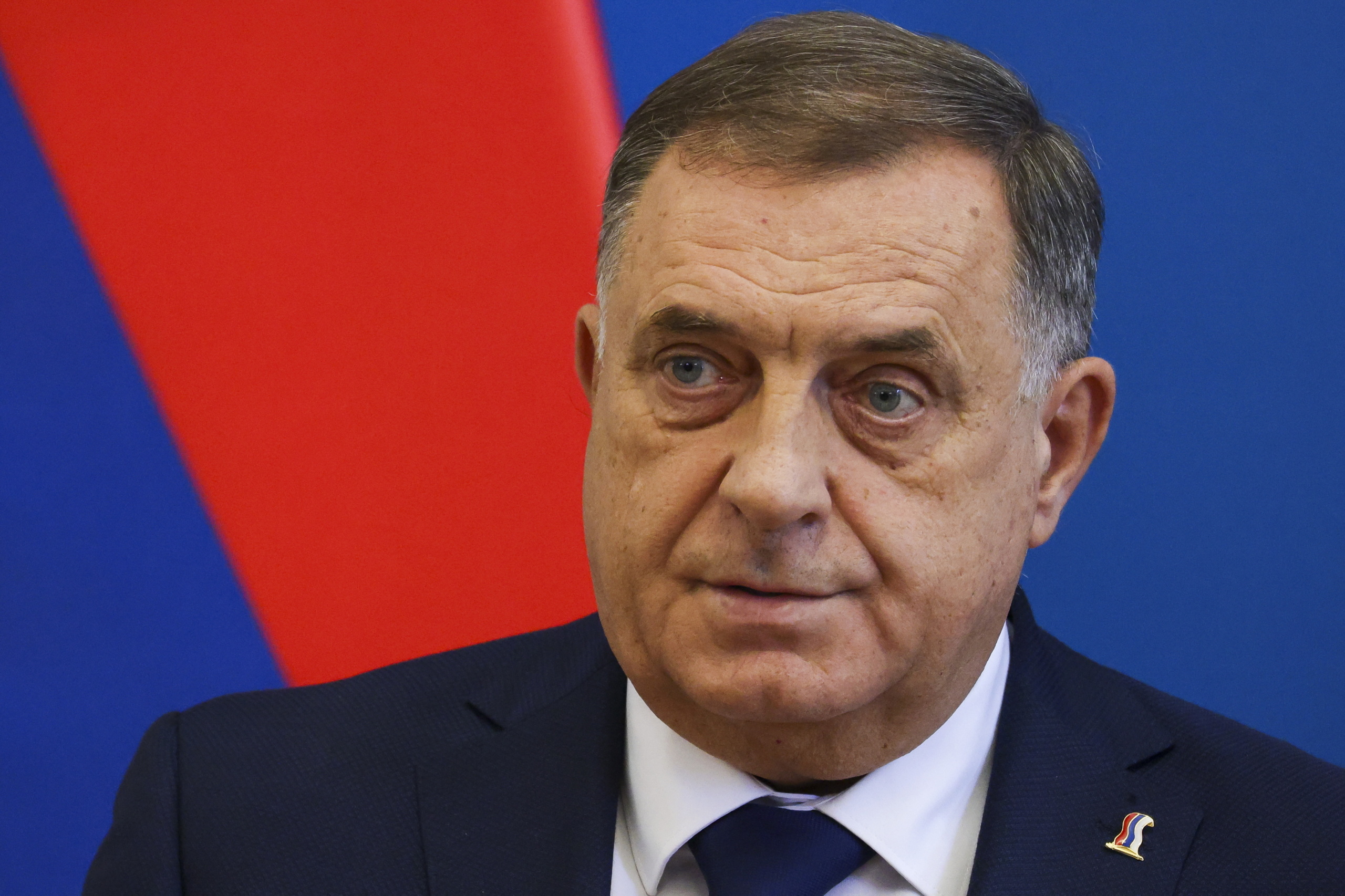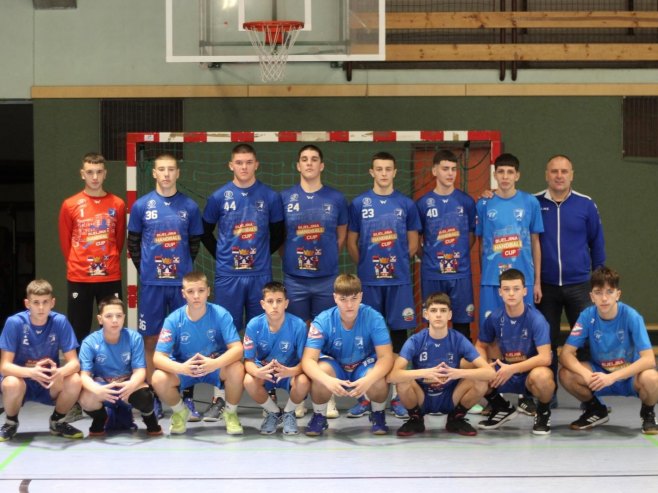“Drina is not a border; it is historically the backbone of the Serb people,” said Željko Budimir, Minister for Scientific and Technological Development and Higher Education of Republika Srpska, while guesting on RTRS Morning Program.
“The resolution on Srebrenica was an attempt to stigmatize the Serb people as a whole. Belgrade and Banja Luka have since intensified their diplomatic efforts. We had a politicized situation here, where there was no simple majority, because such topics require consensus, which was not achieved regarding Srebrenica,” Budimir emphasized.
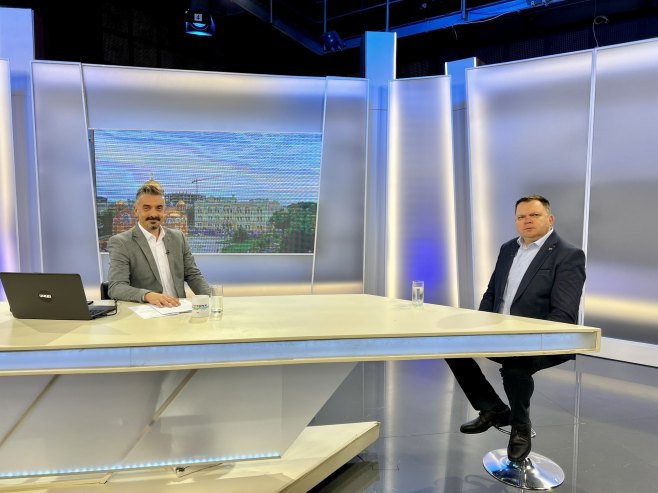
He highlighted that the adoption of the Srebrenica resolution aimed to create additional pressure on Republika Srpska.
“It is important to note that, even though the resolution is not binding, there is increased repressive action against Srpska. You have the example of the trial against the President of Republika Srpska, Milorad Dodik, and the Constitutional Court of BiH, which is anything but constitutional, weakening Srpska’s position daily. The West does not want to hear the truth. They are not interested in the fact that Naser Orić and his henchmen killed several thousand Serbs, mostly women and children. We live in historical revisionism. Christian Schmidt lays flowers at the grave of Wehrmacht soldiers and then comes to Kozara. Isn’t that ironic?” Budimir pointed out.
Budimir stressed that an ongoing struggle lies ahead, in which we must assert ourselves continuously.
“The world is undergoing significant dynamic changes, and we must maintain our status amidst these changes to achieve a better position. This is precisely why there are significant attacks on the Serbian people as a whole. Sarajevo opposes everything Serbian, including the 400 cultural and artistic societies predominantly composed of children. The Serbian people must act unitedly in political matters. The message from the assembly is that we do nothing against other nations,” Budimir added.
Source: RTRS



